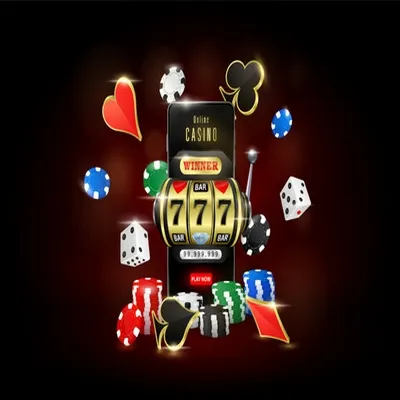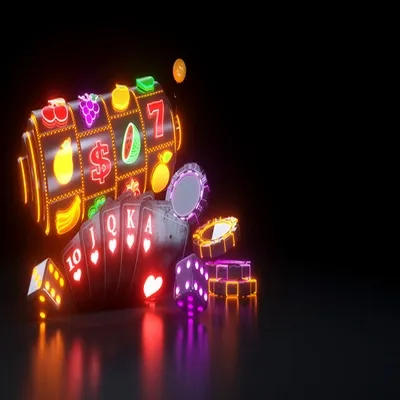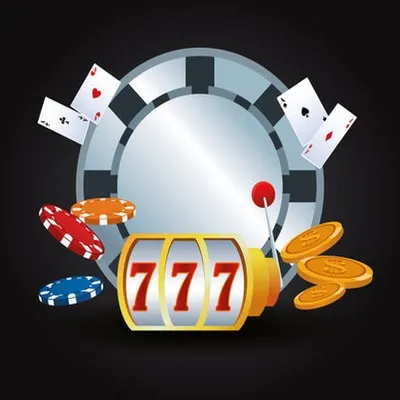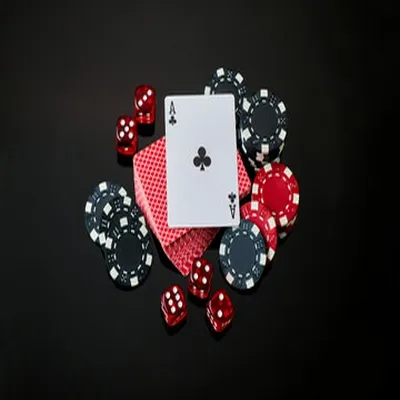conversor euro e real
$3206
conversor euro e realAnother strategy you can try is to split your bets. Instead of betting a large amount on a single game, split your money and play several games. This reduces the risk of losing a large amount if the first game doesn’t go your way. It also gives you more chances to play the game and enjoy it for a long time without losing all your money in one go.
Odds for substitution bets range from 2:1 to 5:1, and vary depending on the coach's tactics and match situation. Matches with strong or drastic changes in formation will have high odds for the number of substitutions.
Product description

conversor euro e realAbstract: Technology is changing the way players gamble online. This article will introduce new technologies such as virtual reality (VR), artificial intelligence (AI) and blockchain, which are creating new and safer ways to play. These technologies will not only enhance the player experience but also help online gambling platforms improve transparency and security.
In addition to games such as sports betting, casino, or fish shooting, participating in card games for rewards is also a popular form of betting in the Vietnamese gaming community. Card games for rewards can be games such as thirteen, poker, or scratch cards. Each of these games has different rules and scoring methods, and players need to understand the rules clearly before participating. In card games, skills and strategies are important factors to win, so players need to practice and improve their skills.

Gambling, or betting, is an activity that humans have been involved in for thousands of years. From simple games to grand casinos and modern online sports betting, this industry has gone through a long journey of development. The following article will review important milestones in the history of the betting industry. Betting is not a new concept, but has existed since ancient civilizations. Archaeological evidence shows that, as early as the Babylonian and Egyptian periods, people participated in games of chance, often in forms of betting involving cards or dice games. Betting in Greece and Rome: Ancient Greek and Roman civilizations organized horse races and sports competitions, where people could bet on the outcome of events. Chariot races in Rome and arena sports were among the earliest forms of betting known to mankind. These games were not only part of the entertainment culture but were also associated with religious beliefs and rituals. Dice and card games were also used as a form of betting from this period, although there was no formal system or rules. Cards in particular appeared in China around the 9th century and gradually spread to other regions such as India and Europe. Betting flourished in Europe in the 17th and 18th centuries, when casino games began to become more popular. The first casino opened in Venice, Italy in 1638. This was the first place with formal betting organization and procedures. The first casinos mainly served the nobility and the wealthy, and were only open on special occasions such as festivals. The first casino in Venice (1638): The first casino opened in Venice, Italy in 1638. This was the first place with formal betting organization and procedures. The first casinos catered mainly to the nobility and the wealthy, and were only open on special occasions such as festivals. Horse racing betting: Horse racing was one of the first popular forms of sports betting and began to become part of the betting culture in Europe in the 18th century. The first horse races were held in England, where a strong horse racing industry developed, with famous races such as The Derby. Gambling and sports competitions: In the 19th century, gambling games at casinos and sports competitions such as football and horse racing began to become popular events that people bet on. In the 20th century, the betting industry continued to thrive, especially after countries began to legalize and regulate the industry. The city of Las Vegas in the United States emerged as the "gambling capital" of the world in the 1930s when Nevada legalized casino games. Las Vegas casinos have become an icon of the gambling industry, attracting tourists and gamblers from all over the world. Famous venues such as the Bellagio, Caesars Palace and The Venetian have become symbols of luxury and the gambler's lifestyle. Sports betting officially flourished in the 1940s and 1950s, especially in Las Vegas casinos. Sports such as football, basketball, and horse racing began to attract the attention of bettors. By the late 20th century, sports betting had gone beyond entertainment and had become a professional industry with major organizations and tournaments, such as the Super Bowl (USA) and the Premier League (UK).
Keno: A game similar to a lottery where players choose a number and wait for the result to be drawn.











